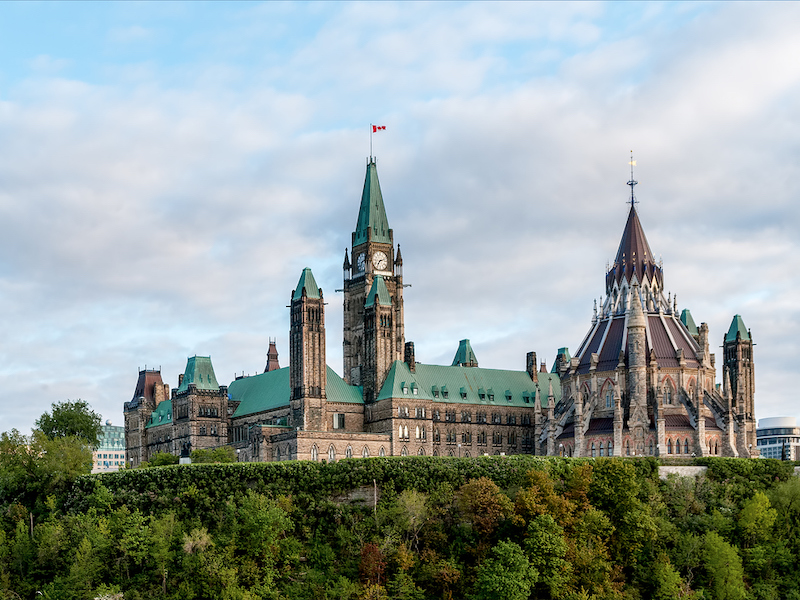
Canadians will be able to save for a first home using a new registered plan, and real estate flippers will pay full tax on the profits of a home sold within 12 months of acquisition, as the government’s bill to implement those measures and others received royal assent on Thursday.
Bill C-32, which passed as the Fall Economic Statement Implementation Act, 2022, implements measures from the Nov. 3 fall economic statement, the 2022 federal budget and previous budgets.
The Tax-Free First Home Savings Account (FHSA) allows first-time homebuyers to save for a down payment on a tax-free basis. As with an RRSP, contributions to an FHSA are tax-deductible, and withdrawals to purchase a first home — including from investment income — are non-taxable, as with a TFSA. There is an annual contribution limit of $8,000 and a lifetime contribution limit of $40,000. The FHSA has an effective date of April 1, 2023.
Under the anti-flipping rule first introduced in the 2022 federal budget, an individual who sells a residence within 12 months of acquiring it will be deemed to have flipped it unless they qualify for an exemption due to a “life event,” such as divorce or a death.
Any profit from the sale of residential real estate (including rental property) within a year would be taxed as business income and be ineligible for either the 50% capital gains rate or the principal residence exemption. The new tax treatment for flipped homes extends to assignment sales. The anti-flipping rule becomes effective Jan. 1, 2023.
Other key measures included in the Fall Economic Statement Implementation Act, 2022 include:
- the Canada Recovery Dividend, a one-time 15% tax on banks’ and insurers’ taxable income above $1 billion, based on average income for the 2020 and 2021 tax years
- the 1.5% bank and insurer surtax on taxable income over $100 million for taxation years that end after April 7
- doubling of the first-time homebuyers’ tax credit to $10,000
- the expanded definition of “patient” for the purposes of medical expense tax credit, a 15% non-refundable tax credit
- the multigenerational home renovation tax credit of 15% on up to $50,000 in eligible renovation and construction costs
- access to the small business tax rate on a phased-out basis up to taxable capital of $50 million
- the allocation to redeemers methodology for ETFs
- raising the disbursement quota for charities to 5% from 3.5% for the portion of property registered charities do not use in charitable activities or administration that exceeds $1 million
- additional reporting requirements for trusts, including “bare trusts”
- modifying the calculation of the taxes applicable to registered investments that hold property that is not a qualified investment.